
News about Culture
Viser 649 til 672 af 956 dokumenter.


The Paul Auster Research Library Visiting Scholar
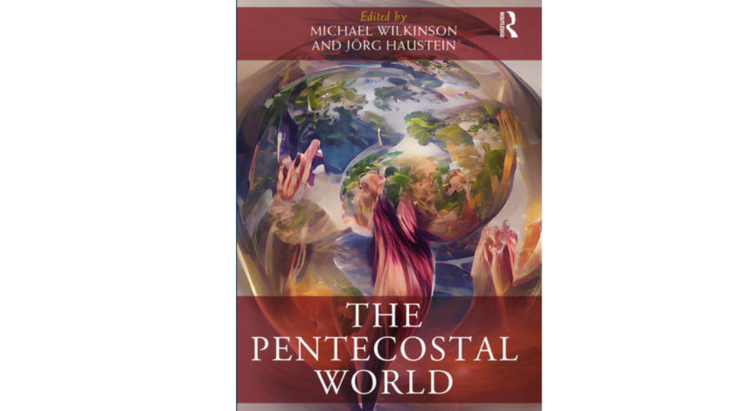
Grounding the Prosperity Gospel

The film section welcomes visiting scholar Dr. Jochen K. Kinast
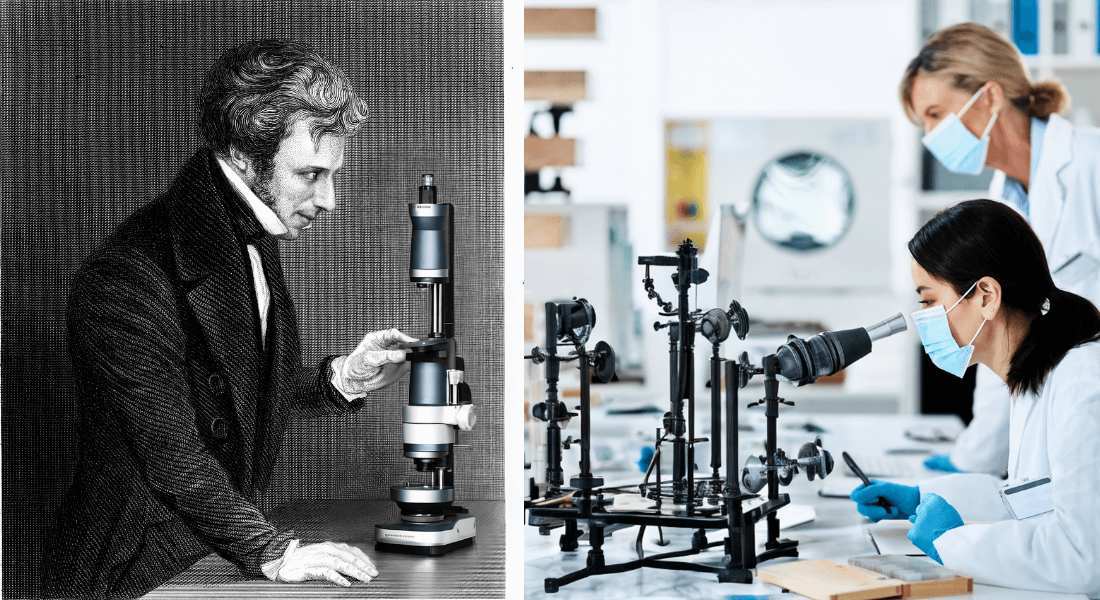
New professor wants to make history of physics useful for physics research

Challenges international researchers face when teaching in Danish

Ester Boserup Prize Lecture
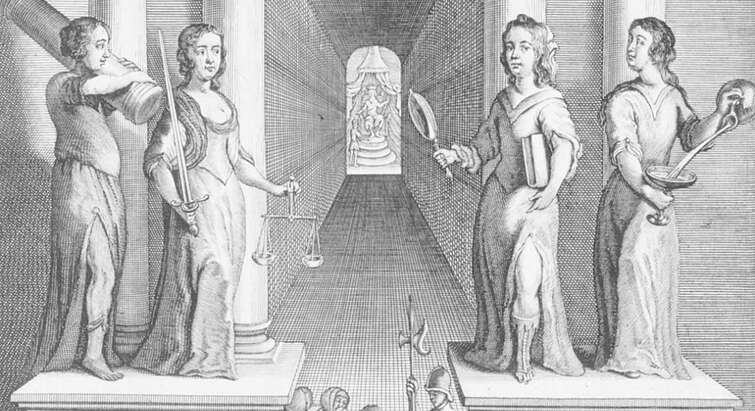
Major EU grant for research on the role of women intellectuals during the Enlightenment

Welcome to our new ToRS Post-doctoral Researcher

Lecture on Cross-linguistic approaches
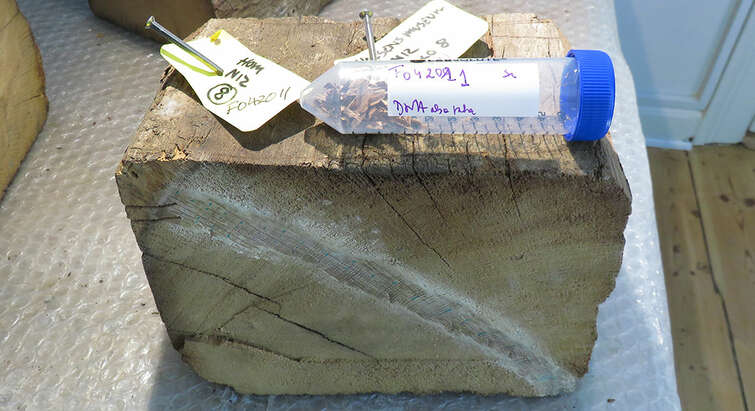
Årringe og grundstof viser forskere vej til 400 år gammelt tømmers oprindelsessted

2023 Spring Call for ADI Funding
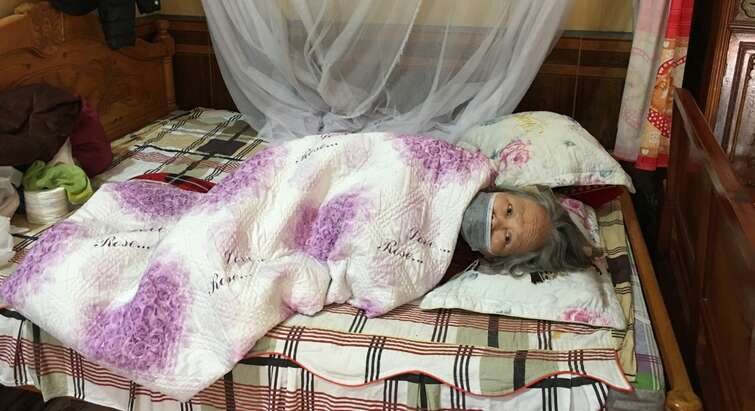
Anthropological image wins best scientific photo of the year award
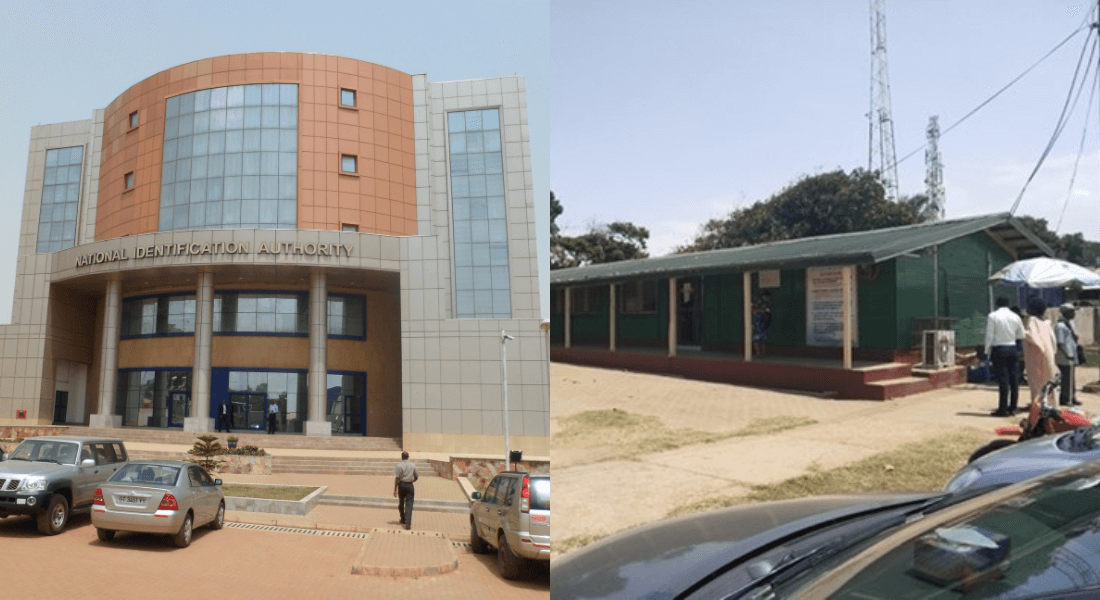
Fieldwork reflections: Studying the social life of ‘global’ ID policy
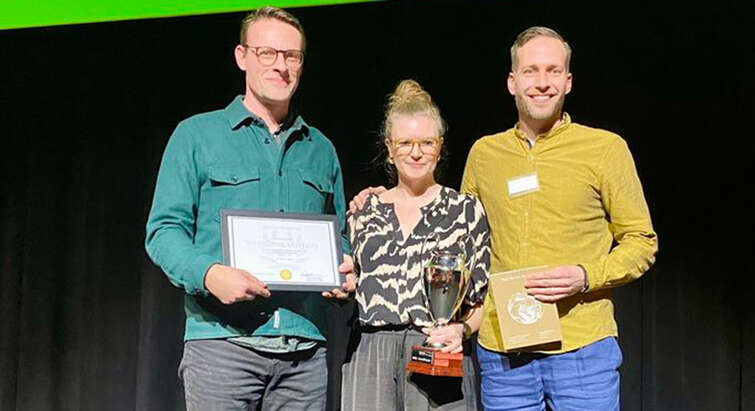
Medical Museion wins communication award for 'The World is in You'
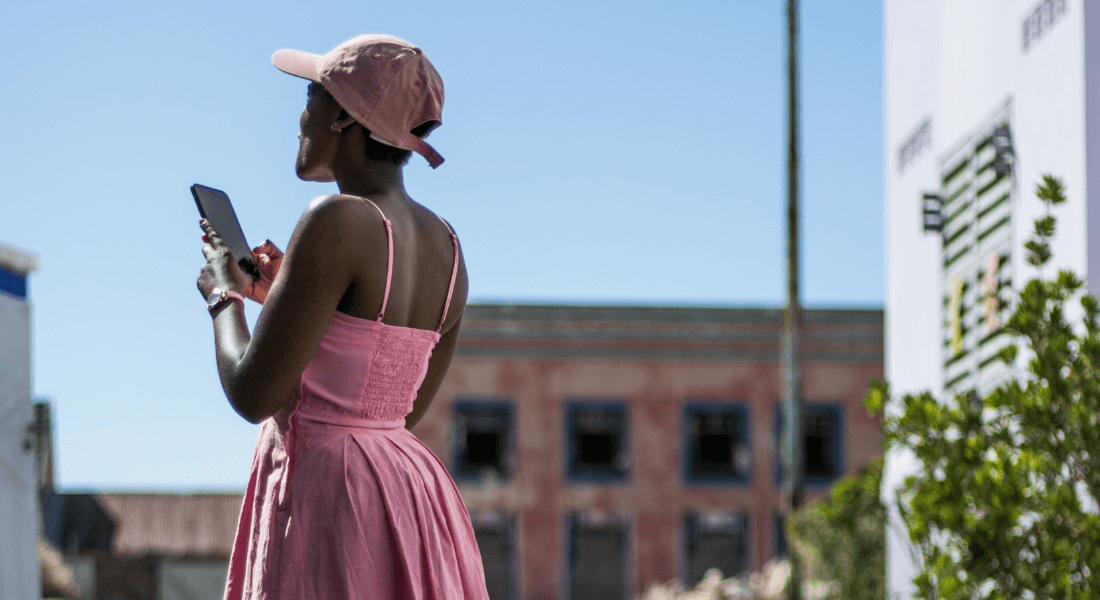
Universal connectivity by 2030, will Africa ever get there?

Interview with Dr. Dominique Rogers

Student Podcast about Scandals

CBMR publications and media appearances in February 2023

Upcoming Guest Lecture by Dr. Sharika Crawford

Digital Dependence: Online Fatigue and Coping Strategies During the COVID-19 Lockdown

ITSS Postdoc Assists Grenada National Museum

New Publication: Archaeology and Social Justice in Island Worlds

